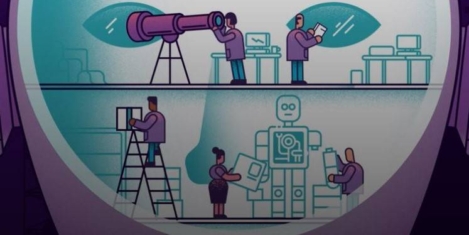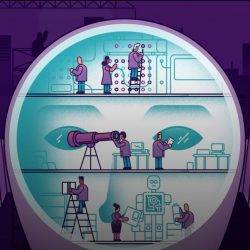May 2, 2019
UK should phase out greenhouse gas emissions by 2050, claims government report
 The UK can end its contribution to global warming within 30 years by setting an ambitious new target to reduce its greenhouse gas emissions to zero by 2050, the Committee on Climate Change (CCC) has said in a report today. But the habits of people and organisations will have to change dramatically. Ten years after the Climate Change Act became law, now is the right moment to set a more ambitious goal. Achieving a ‘net-zero’ target by the middle of the century is in line with the UK’s commitment under the Paris Agreement; the pact which the UK and the rest of the world signed in 2015 to curb dramatically the polluting gases that cause climate change. (more…)
The UK can end its contribution to global warming within 30 years by setting an ambitious new target to reduce its greenhouse gas emissions to zero by 2050, the Committee on Climate Change (CCC) has said in a report today. But the habits of people and organisations will have to change dramatically. Ten years after the Climate Change Act became law, now is the right moment to set a more ambitious goal. Achieving a ‘net-zero’ target by the middle of the century is in line with the UK’s commitment under the Paris Agreement; the pact which the UK and the rest of the world signed in 2015 to curb dramatically the polluting gases that cause climate change. (more…)













 Despite
Despite 






 Accountancy has joined the
Accountancy has joined the 









May 1, 2019
Your company has a culture, whether you have designed one or not
by Jonathan Richards • Comment, Workplace
(more…)